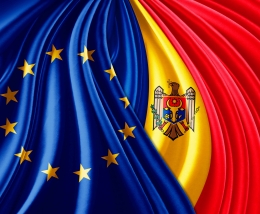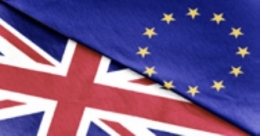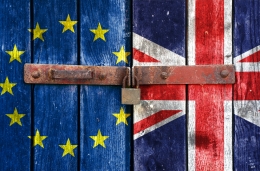European Economic
and Social Committee
Europa
En Europa, el CESE mantiene relaciones con los interlocutores sociales y las organizaciones de la sociedad civil de los Balcanes Occidentales, la vecindad oriental, los Estados de la AELC integrados en el EEE (Islandia, Liechtenstein y Noruega) y el Reino Unido.
El Comité de Seguimiento para los Balcanes Occidentales (un organismo interno permanente del CESE) es el principal instrumento para coordinar las actividades del CESE en la región. El Foro de la Sociedad Civil de los Balcanes Occidentales, que se celebra cada dos años, forma parte de la labor del Comité de Seguimiento.
El CESE también colabora bilateralmente con los países de los Balcanes Occidentales que han iniciado las negociaciones de adhesión y con Turquía, a través de organismos especializados creados sobre la base de acuerdos de asociación entre estos países y la UE: el objetivo de estos comités consultivos mixtos es involucrar a los interlocutores sociales y a las organizaciones de la sociedad civil en el seguimiento de los procesos de preadhesión y reforma hacia una posible adhesión a la UE. Cada organismo se compone de un número equivalente de miembros del CESE y del país socio y se suele reunir una o dos veces al año.
El CESE también ha creado un Comité de Seguimiento de la Vecindad Oriental, un órgano interno encargado de mejorar las relaciones con la sociedad civil de los países de la región: Armenia, Azerbaiyán, Bielorrusia, Georgia, Moldavia y Ucrania.
Los principales mecanismos de cooperación con Armenia, Georgia, Moldavia y Ucrania son las plataformas de la sociedad civil, que permiten a las organizaciones de la sociedad civil de la UE y del país socio supervisar la aplicación de los acuerdos de la UE con estos países y elaborar recomendaciones destinadas a las autoridades pertinentes. Además, Ucrania y Moldavia se convirtieron en países candidatos en 2022.
En cuanto a Bielorrusia y Rusia, se están entablando relaciones con las organizaciones de la sociedad civil que siguen operando libremente, la mayoría de ellas con sede en territorio de la UE. El CESE considera importante mantener vivo el diálogo, a la espera de mejores condiciones en el futuro.
El Espacio Económico Europeo (EEE) agrupa a los Estados miembros de la UE y a tres de los cuatro Estados de la AELC (Islandia, Liechtenstein y Noruega) en un mercado interior en el que pueden circular libremente bienes, servicios, capitales y personas. El CESE forma parte del Comité Consultivo del Espacio Económico Europeo, en cuyo seno se debaten cuestiones de interés común con representantes de los interlocutores sociales de los Estados de la AELC integrados en el EEE.
Por último, el CESE cuenta con un Comité de Seguimiento UE-Reino Unido encargado de supervisar las relaciones entre la UE y el Reino Unido de Gran Bretaña e Irlanda del Norte desde la perspectiva de la sociedad civil. Su trabajo se centra especialmente en la aplicación del Acuerdo de Retirada entre la UE y el Reino Unido y del Protocolo sobre Irlanda e Irlanda del Norte, sobre los que mantiene conversaciones con organizaciones de la sociedad civil del Reino Unido, así como en la aplicación del Acuerdo de Comercio y Cooperación entre la UE y el Reino Unido, sobre el que el Comité de Seguimiento UE-Reino Unido coopera con el Grupo Consultivo Interno de la UE en el marco del Acuerdo de Comercio y Cooperación entre la UE y el Reino Unido.





